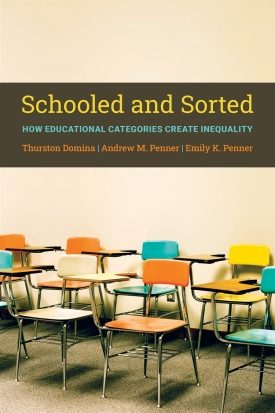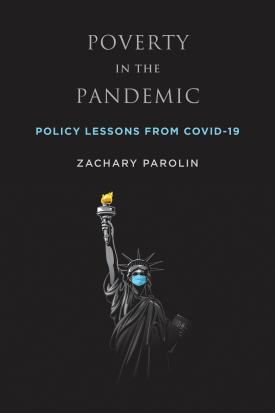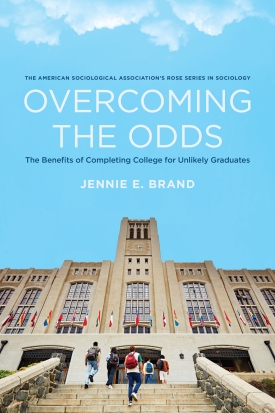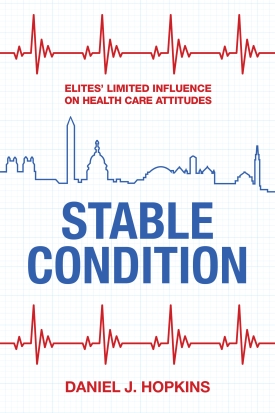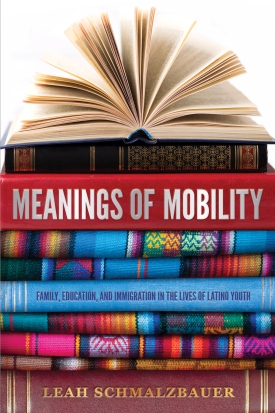
Meanings of Mobility
About This Book
American Educational Studies Association Critic's Choice Book Award Winner
"In Meanings of Mobility, Leah Schmalzbauer carefully and in precise detail documents the costs—psychic and embodied—of children of immigrants’ class mobility through elite educational pathways. Driven by love and a desire to make good on parents’ sacrifices, poor and working-class students of color understand that academic excellence only leads to financial success when they can proficiently enact the cultural norms of privileged whiteness. Readers get to witness through these students’ own accounts how they make sense of the tough choices an elite college education presents: the spectrum runs from returning to community to contribute to social justice to leaning into racial capitalism to acquire wealth."
—LEISY J. ABREGO, professor and chair, Chicana/o and Central American Studies, UCLA
"A compassionate and detailed exploration of how young adult children of Latin American immigrants navigate a privileged college environment. Leah Schmalzbauer follows the stories of a new generation of young adults who attend a top liberal arts college, seeking an education in elite spaces while balancing family obligations and the stress of the COVID pandemic. Highly informative and deeply moving, Meanings of Mobility sheds light on how higher education works for a select group, and what needs to change to provide such access to others."
—JOANNA DREBY, professor of sociology, University at Albany
"With penetrating prose, Leah Schmalzbauer provides an intimate portrait of how poverty shapes undergraduate life at even the wealthiest institutions of higher education. Moreover, she forces us to grapple with the simple yet overlooked fact that students do not come to college alone; families come to college. Through revealing interviews with students and their families, Meanings of Mobility outlines the pitfalls and promises of pursuing higher education for the most vulnerable members of society. And with care and attention born of a dedicated scholar, Schmalzbauer provides insights into what can be done to make our institutions not just accessible, but inclusive."
—ANTHONY A. JACK, assistant professor of education, Harvard University
Over the past twenty years, elite colleges and universities enacted policies that reshaped the racial and class composition of their campuses, and over the past decade, Latinos’ college attendance notably increased. While discussions on educational mobility often focus on its perceived benefits – that it will ultimately lead to social and economic mobility – less attention is paid to the process of “making it” and the challenges low-income youth experience when navigating these elite spaces. In Meanings of Mobility, sociologist Leah C. Schmalzbauer explores the experiences of low-income Latino youth attending highly selective, elite colleges.
To better understand these experiences, Schmalzbauer draws on interviews with 60 low-income Latino youth who graduated or were set to graduate from Amherst College, one of the most selective private colleges in the United States, as well as their parents and siblings. The vast majority of these students were the first in their immigrant families to go to college in the U.S. She finds that while most of the students believed attending Amherst provided them with previously unimaginable opportunities, adjusting to life on campus came with significant challenges. Many of the students Schmalzbauer spoke with had difficulties adapting to the cultural norms at Amherst as well as with relating to their non-Latino, non-low-income peers. The challenges these students faced were not limited to life on campus. As they attempted to adapt to Amherst, many felt distanced from the family and friends they left behind who could not understand the new challenges they faced.
The students credit their elite education for access to extraordinary educational and employment opportunities. However, their experiences while in college and afterward reveal that the relationship between educational and social mobility is much more complicated and less secure than popular conversations about the “American Dream” suggest. Many students found that their educational attainment was not enough to erase the core challenges of growing up in a marginalized immigrant family: many were still poor, faced racism, and those who were undocumented or had undocumented family members still feared deportation. The challenges they faced were only intensified by the COVID-19 pandemic.
Schmalzbauer suggests ways institutions of higher education can better support low-income Latino students and lower the emotional price of educational mobility, including the creation of immigration offices on campus to provide programming and support for undocumented students and their families. She recommends educating staff to better understand the centrality of family for these students and the challenges they face, as well as educating more privileged students about inequality and the life experiences of their marginalized peers.
Meanings of Mobility provides compelling insights into the difficulties faced and the resilience demonstrated by low-income Latinos pursuing educational and social mobility.
LEAH C. SCHMALZBAUER is Karen and Brian Conway ’80, P’18 Presidential Teaching Professor of American Studies and Sociology, Amherst College

